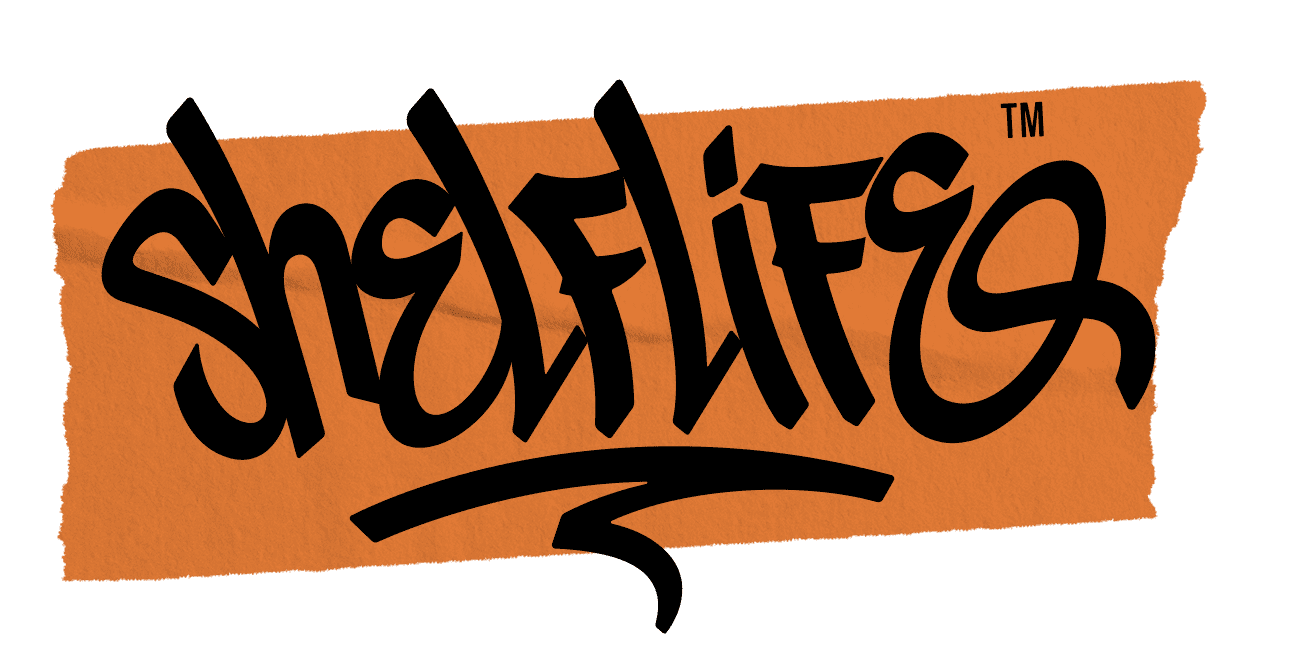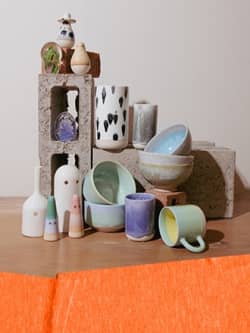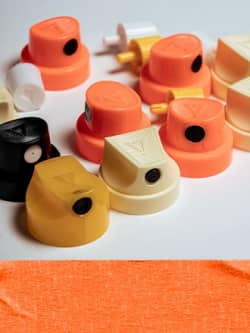The New School of Wine in SA

South Africa has been a wine-producing country for centuries, but for the majority of that time it was a highly exclusive occupation dominated by land-owning families. However, a new movement is rising: Black and PoC winemakers are producing some of the best wines in the country. Simultaneously, wine is growing in popularity with a target market no one saw coming: the young and trendy. Whereas twenty-somethings might have opted for beer and a shot of tequila in the past, now they’re increasingly seeking out wine bars and touting the virtues of chilled red or natural white.

“My sense is that in recent years, wine has gotten far edgier and more interesting,” says Keke Mahlelebe, co-founder of PIGMENT. “In the new economy, accelerated by pop culture and tech, all the doors have been blown wide open. You can now make wine without ever owning a single slither of fortified land or a piece of heavy machinery or equipment.” This approach to winemaking is becoming more popular, allowing people from all walks of life to express their creativity and palate with the help of dedicated farmers happy to sell their grapes and support independent producers. This shift has particularly aided PoC winemakers who have been historically excluded from land ownership in the country’s most fertile regions.

Winemakers like Tinashe Nyamudoka and Joseph Dhafana have leveraged successful careers as sommeliers to launch their own wine labels: Kumusha and Mosi respectively. Both were also members of Team Zim at the World Blind Wine Tasting Championships, a journey that would be documented in the critically acclaimed film Blind Ambition. Others have found success in their independent endeavours as well, such as Lindile Ndzaba of Khayelitsha’s Finest Wine and Rüdger van Wyk of Kara Tara. Tania Kleintjies is yet another name that’s attracting attention thanks to her work at Spier, where she heads up the organic winemaking processes and produces the Farm House line of wines whose 2016 Chenin Blanc was awarded a prestigious 5 stars from Platter’s Wine Guide, South Africa’s premiere wine reviewer.
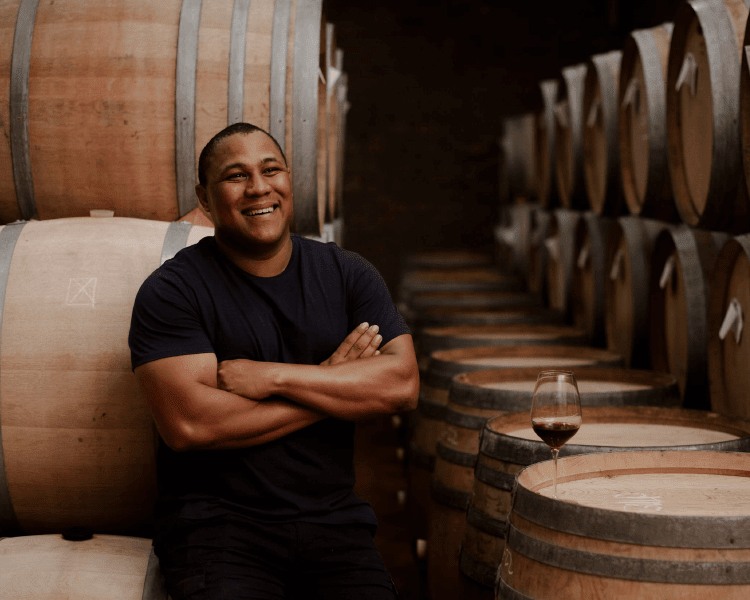
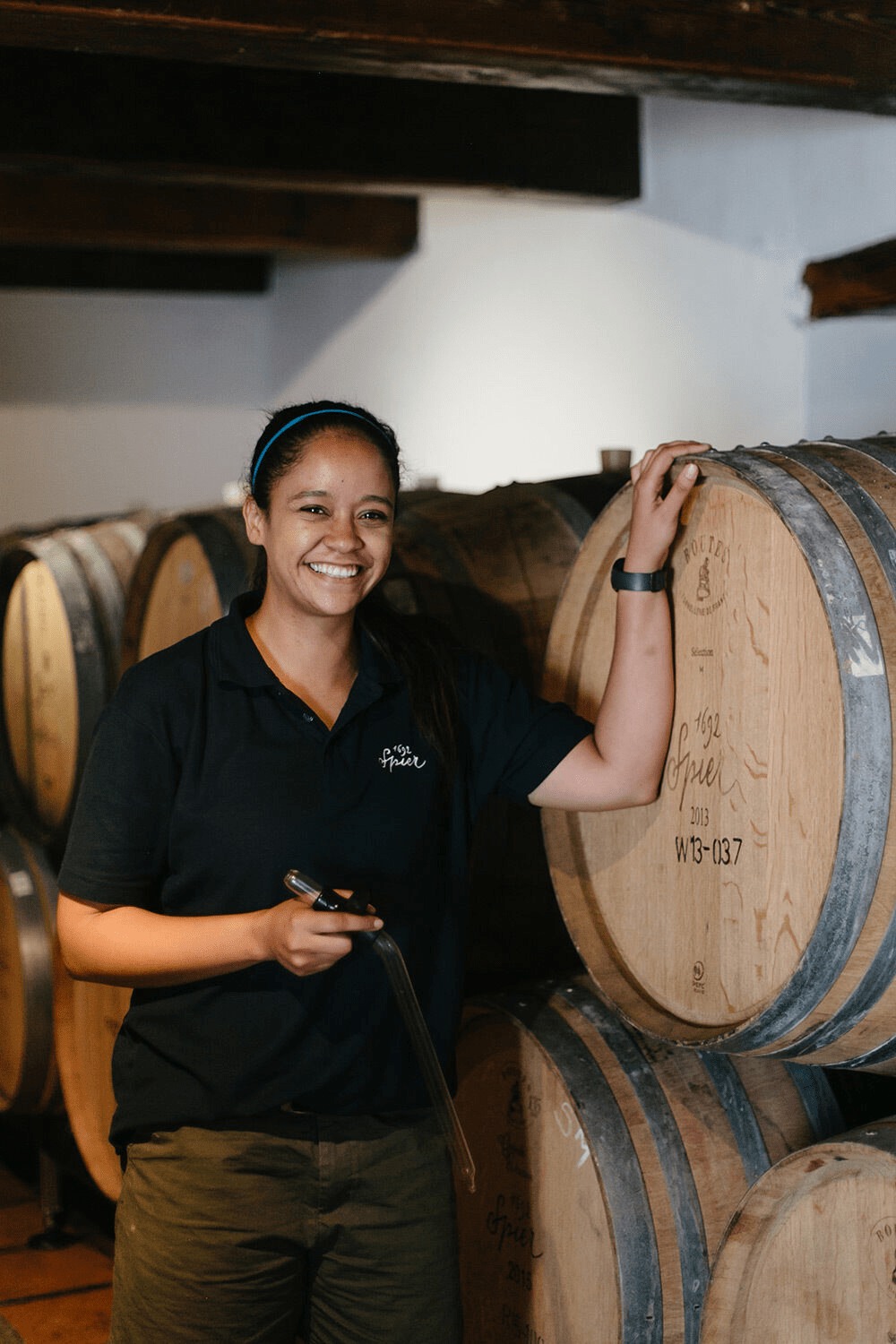
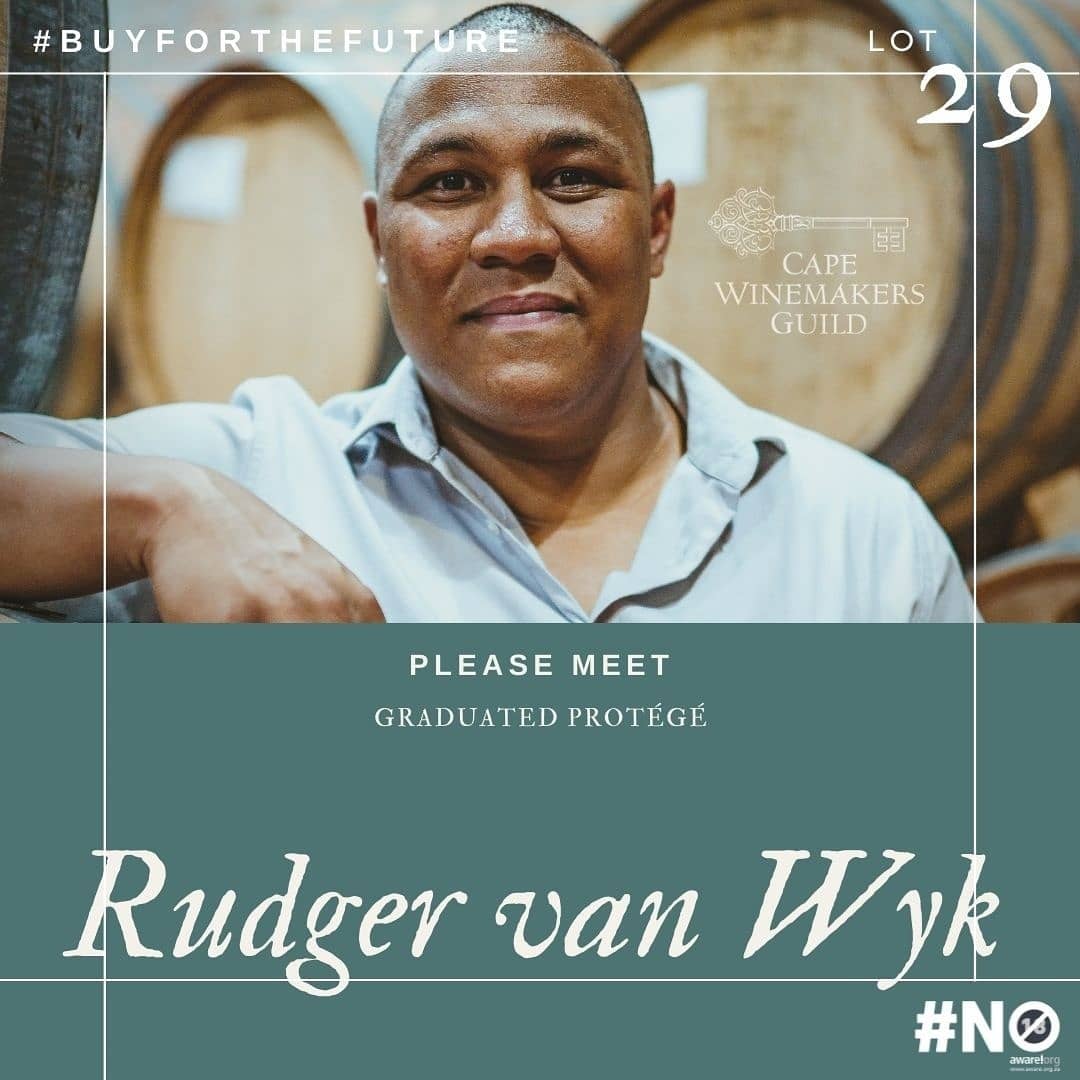



Wine bars are playing their own part in this cultural shift, with venues like Publik Wine Bar and Leo’s in Cape Town as well as Father Coffee’s Wine Bar in Johannesburg helping to raise the profile (and some glasses) to these winemakers. Tinashe Chirikure, a sommelier at the esteemed Potluck Club explains the popularity of these spaces: “I believe there’s a common misconception that’s changing, which is that wine is for your suit-and-tie dinner experience. Wine is readily available and easier to drink as opposed to spirits which require mixology at times.”


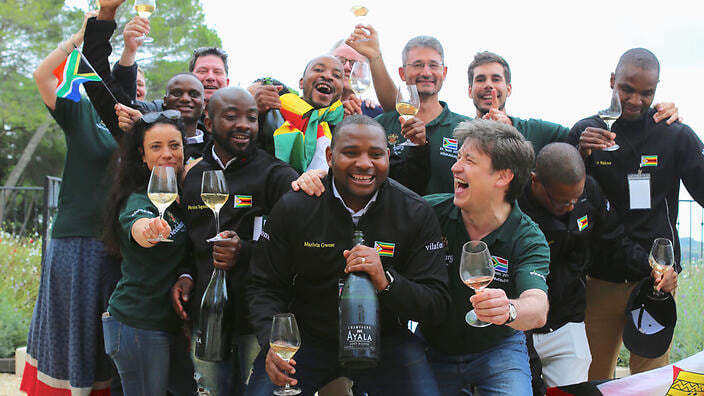


Cultivate Collective is a wine bar and retailer in Salt River that was founded to specifically focus on black and PoC winemakers like those listed above. They also host workshops, masterclasses, and conversations with industry insiders to bring more equality to one of South Africa’s flagship industries.
Even the South African government is getting in on the action, offering bursaries to aspiring sommeliers through the South African Table Grape Industry (SATI) programme. Arguably, there’s never been a better time for young people interested in wine to take that first step towards a career in the industry. Thanks to those brave few who have forged a path forward for black and PoC winemakers, the industry is becoming more equal and starting to truly reflect the South African people in its ranks. Whether you’ve never had a sip of wine or you’re able to tell the difference between a Cabernet and a Pinotage by smell alone, you can join us in celebrating the fact that local wine culture is heading towards an exciting future for all. We’ll say “Cheers” to that.
